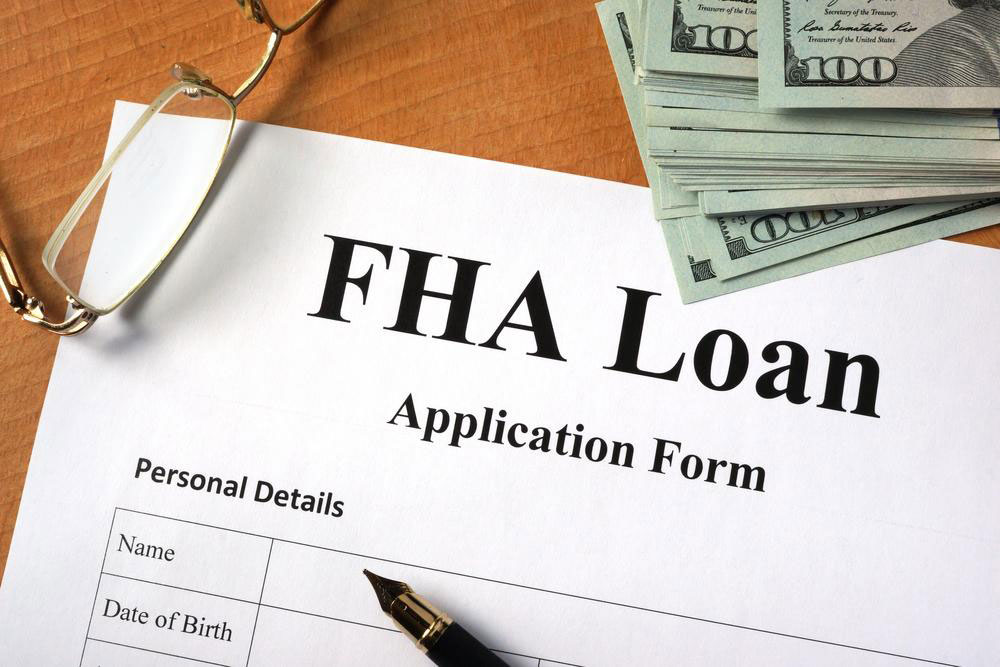Ultimate Guide to FHA Home Loans: How They Can Help You Achieve Homeownership
This comprehensive guide explains FHA home loans, highlighting eligibility, benefits, and application tips. Designed for first-time buyers and those with credit challenges, FHA loans make homeownership more accessible through low down payments and flexible approval criteria. Learn how these government-backed loans can help you achieve your homeownership dreams with confidence and ease.

Ultimate Guide to FHA Home Loans: How They Can Help You Achieve Homeownership
Securing a home loan is a significant step towards achieving the dream of homeownership. Among the various mortgage options available, FHA loans stand out as a popular choice, especially for first-time buyers and those with less-than-perfect credit. Backed by the Federal Housing Administration, FHA home loans are designed to make homeownership more accessible by offering flexible qualification requirements and low down payment options. This comprehensive guide delves into everything you need to know about FHA loans, including eligibility criteria, benefits, application process, and tips for approval.
FHA loans are specifically targeted toward individuals who may face challenges qualifying for conventional mortgages. They are insured by the government, which reduces risk for lenders and allows them to offer more favorable terms to borrowers. Whether you’re a first-time purchase or seeking a manageable mortgage solution, understanding the nuances of FHA loans can help you make informed decisions and navigate the application process confidently.
What Are FHA Home Loans?
FHA loans are mortgage loans insured by the Federal Housing Administration, a government agency that aims to promote affordable homeownership. These loans are available through approved lenders and are designed to reduce barriers for borrowers who might struggle with traditional financing methods. Due to the backing of the FHA, lenders can offer more relaxed credit requirements and low down payments, making homeownership more attainable for many Americans.
The primary feature that sets FHA loans apart from conventional mortgages is the low down payment requirement, often as low as 3.5% of the purchase price for borrowers with a credit score of 580 or higher. This lower barrier to entry makes FHA loans especially attractive to first-time buyers or individuals with modest savings. However, it’s essential to understand that lower credit scores might result in higher interest rates, and certain lending restrictions apply based on regional loan limits.
Who Qualifies for FHA Loans?
Individuals with low or fair credit scores, even those with scores as low as 580
Buyers unable to make a sizable down payment
Applicants with higher debt-to-income ratios
First-time homebuyers seeking manageable financing options
Additionally, FHA loan eligibility depends on meeting specific financial and legal criteria, including steady employment history and a valid credit profile. In many regions across the country, FHA loan limits have increased over recent years, accommodating higher home prices. For instance, in 2017, the national loan limit increased from $271,050 to $275,665 in many low-cost regions, covering around 60% of the country.
Advantages of FHA Home Loans
Low down payment requirements, making homeownership accessible with minimal savings
Flexible credit score guidelines, welcoming individuals with less-than-perfect credit
Ease of qualification compared to conventional loans due to relaxed standards
No need for private mortgage insurance (PMI) if a 10% down payment is made; otherwise, borrower pays mortgage insurance premiums
Loans are assumable, which means future buyers can take over the existing mortgage, potentially adding resale value
Potentially accessible to borrowers facing bankruptcy or financial hardship situations
FHA loans streamline the home buying process, providing clear eligibility criteria and quick approval timelines. They are beneficial for individuals who might otherwise find conventional mortgages difficult to secure. Despite their advantages, it’s critical for prospective borrowers to review FHA guidelines carefully and consult with lenders to understand all obligations and costs involved in the loan.
Application Process and Tips for Success
Applying for an FHA loan involves several steps, beginning with qualifying through an approved lender. Here are some essential tips to enhance your chances of approval:
Maintain a stable employment history for at least two years
Keep your credit utilization low and pay bills on time
Gather necessary financial documents, including proof of income, tax returns, and credit reports
Save diligently to meet the minimum down payment requirement
Work with experienced lenders familiar with FHA guidelines
Due to the government backing, FHA loans often have faster approval times, but it’s vital to collaborate closely with your lender. Ensure all application materials are accurate and complete to avoid delays. Additionally, consider shopping around with multiple lenders to find the best interest rates and terms, as FHA loans are available through a network of approved financial institutions.
Final Thoughts
FHA home loans remain a valuable resource for millions of Americans aspiring to buy a home. Their flexible qualification standards and low down payment options make them an ideal choice for first-time buyers, individuals rebuilding credit, or those with limited savings. As with any mortgage, understanding the terms and carefully comparing offers from different lenders is crucial to securing the best deal. By doing so, you can confidently progress toward your dream of homeownership with an FHA loan tailored to your financial situation.
In conclusion, FHA loans offer an accessible pathway to homeownership, combining government backing with borrower-friendly terms. Whether you're a first-time buyer or someone with unique financial circumstances, exploring FHA loan options can be a crucial step on your journey to owning a home.





